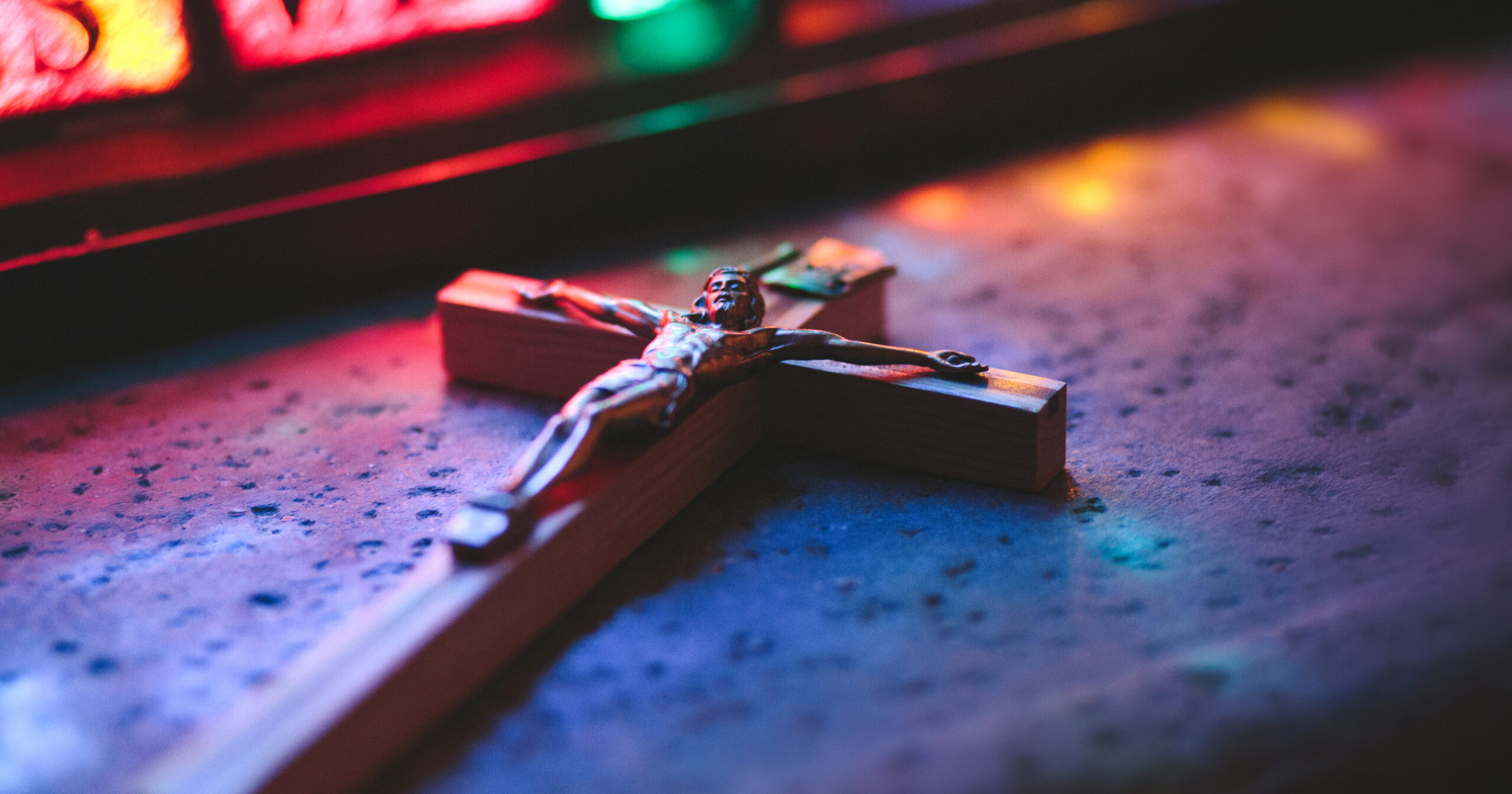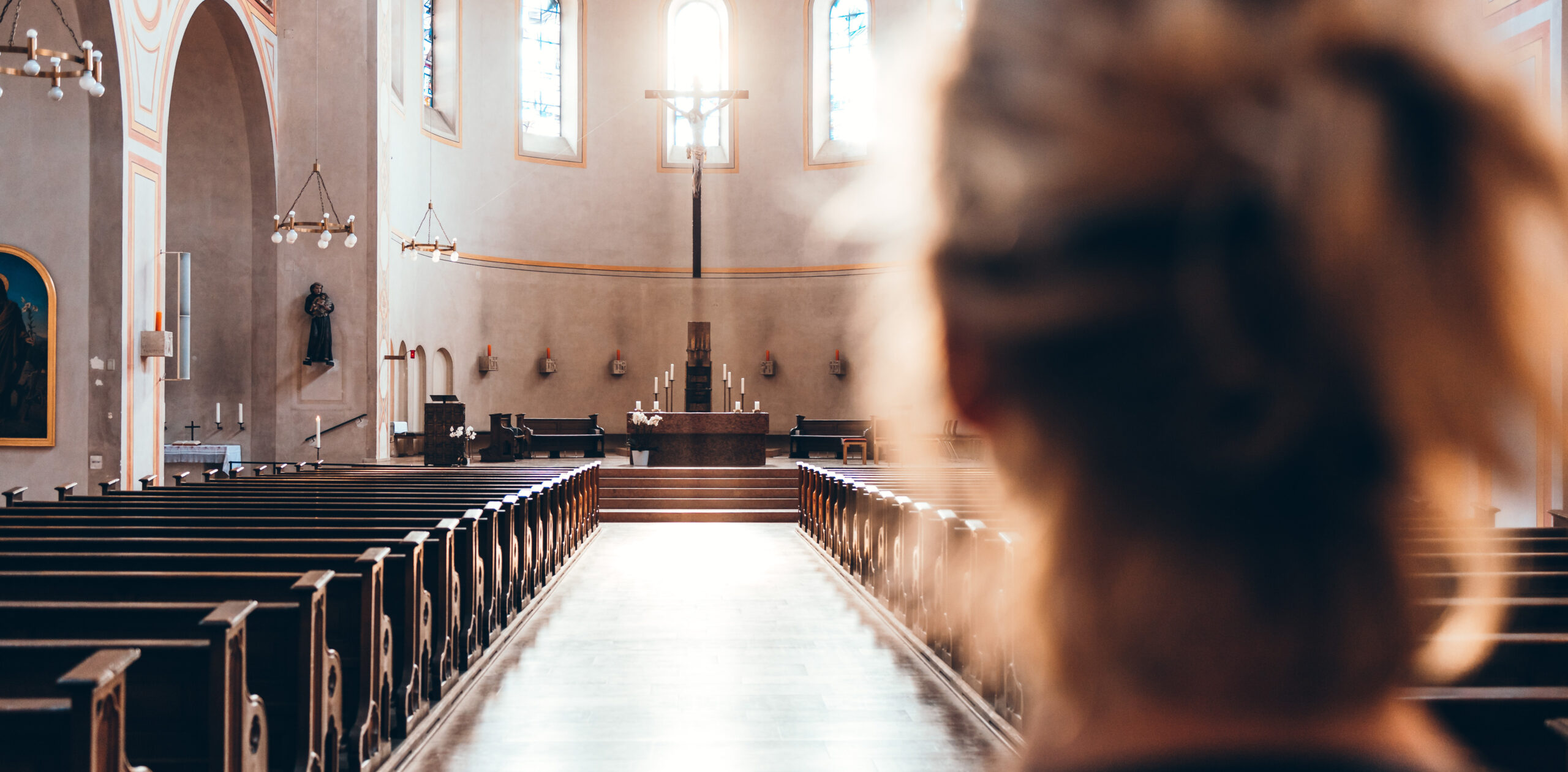Every New Yorker can recall exactly where they were on September 11, 2001. Ask anyone from Brooklyn, Manhattan, Queens, the Bronx, Staten Island, and Long Island where they were and they will answer before you finish the question.
Perhaps every adult American can say, with some detail, where they were the day al-Qaeda terrorists hijacked California-bound planes, flew them into the North and South towers of the World Trade Center, killing 2,977 persons. And lest I forget to mention the attack on the Pentagon and the crash in Shanksville, Pennsylvania that took innocent American lives.
I was in the lunchroom of my elementary school the morning of September 11, 2001. Midway through our early lunch period, the principal walked in, asked for silence, and announced that airplanes had crashed into two buildings in New York City. She told us, her students, that we were safe, that we shouldn’t worry, that our teachers were there for us. None of us students, I think, really grasped the meaning of her words. We were too young, too innocent, to realize what she said. But we knew something was wrong. Mrs. A—as we called her—was never that serious, even when she was mad.
Worried, I turned to my friend and asked “What did she say?” He, like me, didn’t comprehend things either. To be honest, I thought she said we would watch a movie about what we would do if our school were attacked.
My Dad Was There
Only when I arrived home did I realize the significance of what happened. I remember my mother being distressed, as was my great aunt who lived with us. At the time, my father worked as an NYPD police officer in lower Manhattan. He was OK, but he wouldn’t be home for a few days. He would work the recovery efforts and would sleep at his precinct.
I don’t recall the next few days exactly, but I remember going to either a prayer service or Mass at our parish. My family and I weren’t exactly churchgoers at that time, but I remember thinking the Church was unusually packed with people. I had never seen it so full. I remember a lot of people crying. A neighbor sat with us. She cried a lot. She knew two people, both firemen, who died tragically.
I also remember my dad returning home for the first time after 9/11. It must have been two or three days after the attack. It was the afternoon. From our window I saw him get out of his small, white sedan. He looked tired, worn out. His clothes bore the light grey dust and soot of Ground Zero. Again my young mind didn’t comprehend exactly what was happening, but there was a certain solemnity to his coming home. One couple came out to greet him. A neighbor and volunteer firefighter in our town asked my dad about going to work as a volunteer at Ground Zero. “Don’t go” was all my dad said.
Easter Sunday and 9/11
According to The History Channel, 9/11 is the deadliest terrorist attack in human history. All told, 2,977 people died in the attacks. In New York, 343 FDNY firefighters, thirty-seven Port Authority police officers, twenty-three NYPD police officers, eight emergency medical technicians, and one fire patrolman died. All these years later, the statistics are still overwhelming.
As I write this, I am thinking of an Easter homily that was sent to me. The priest, describing Mary Magdalene’s discovery of the empty tomb, said that Mary, Peter, and John were traumatized not only by Jesus’ crucifixion but also their finding of the empty tomb (see John 20:1-9). Not only was Jesus, their friend and their God, put to death tragically—now his body appears to be stolen. Such a realization would have been traumatic for them, as it would have been for us.
But of course, we know why Jesus’ body was missing. Jesus was not dead. He was alive. He was with the living, and his rising from the grave would have brought some kind of healing to the trauma of their thinking him dead and missing.
On this September 11, we remember the sacrifice of those first responders and emergency workers. We remember the women and men who tragically lost their lives.
In a few days, we will celebrate the Feast of the Exaltation of the Holy Cross. We unite the trauma and tragedy of that horrific day to Christ’s own cross which overcomes sin and death. And like the disciples, we place our firm trust and hope that those who died, those who are no longer with us, are not dead, but alive in Christ. For Christ is not God of the dead, but of the living (Mark 12:27).
They are gone, but not forgotten. In hope, we pray they will rise again.
You May Also Like:
9/11’s Moral Impact
Why You and I Need the Resurrection
Inside Islam: A Guide for Catholics [Book]
If God Is Merciful, Then Why Is There Suffering?

Dan McQuillan is originally from Long Island, New York. He currently resides in Rhode Island where he teaches and writes.
Featured photo by Jesse Mills on Unsplash






0 Comments